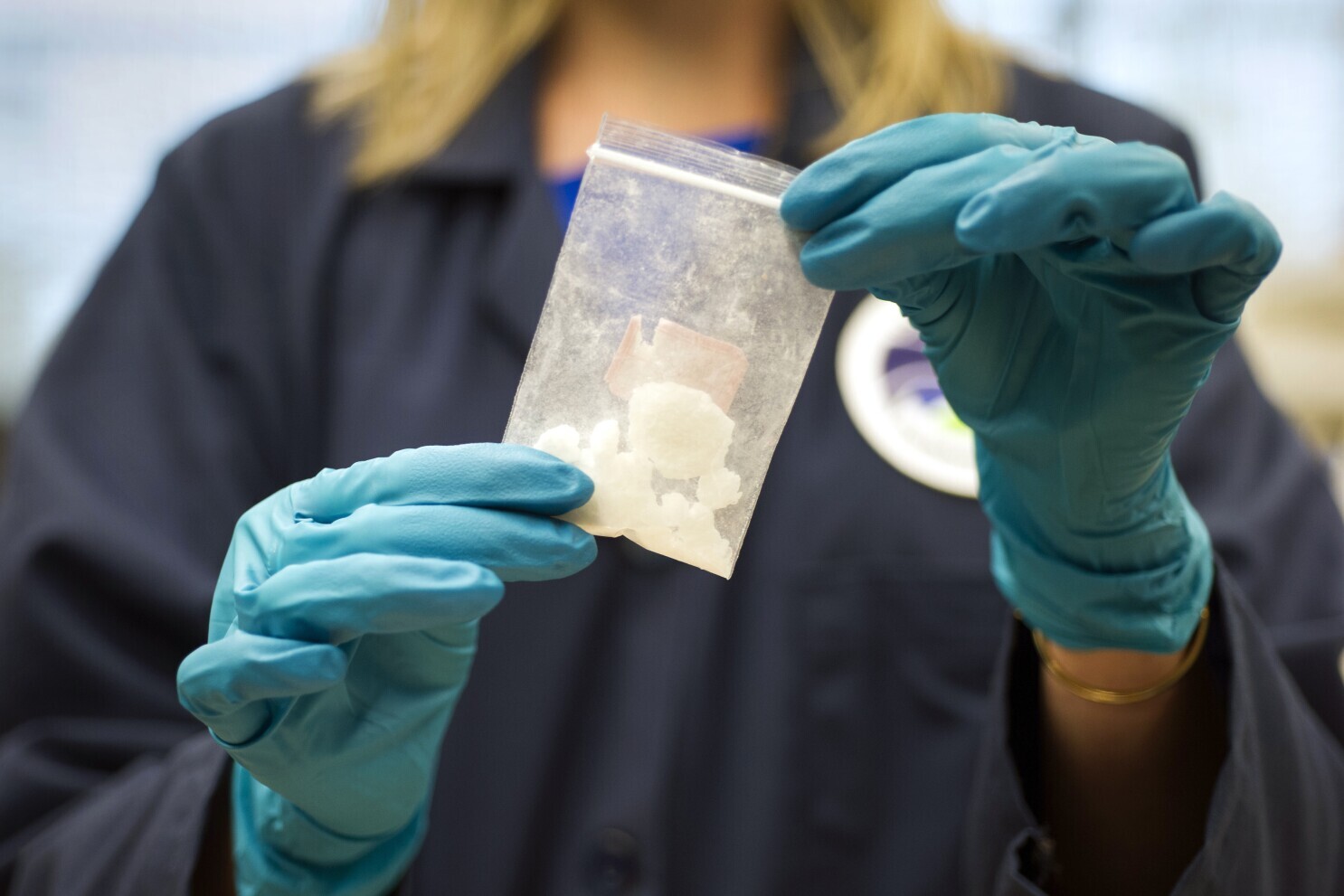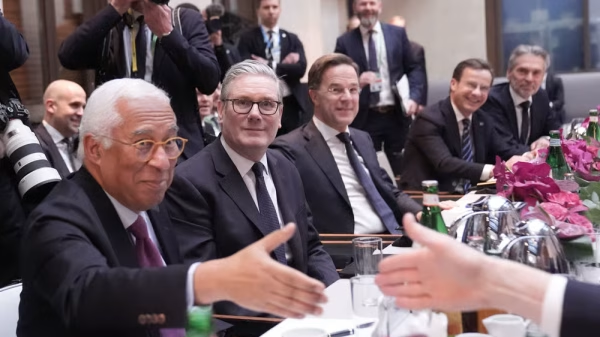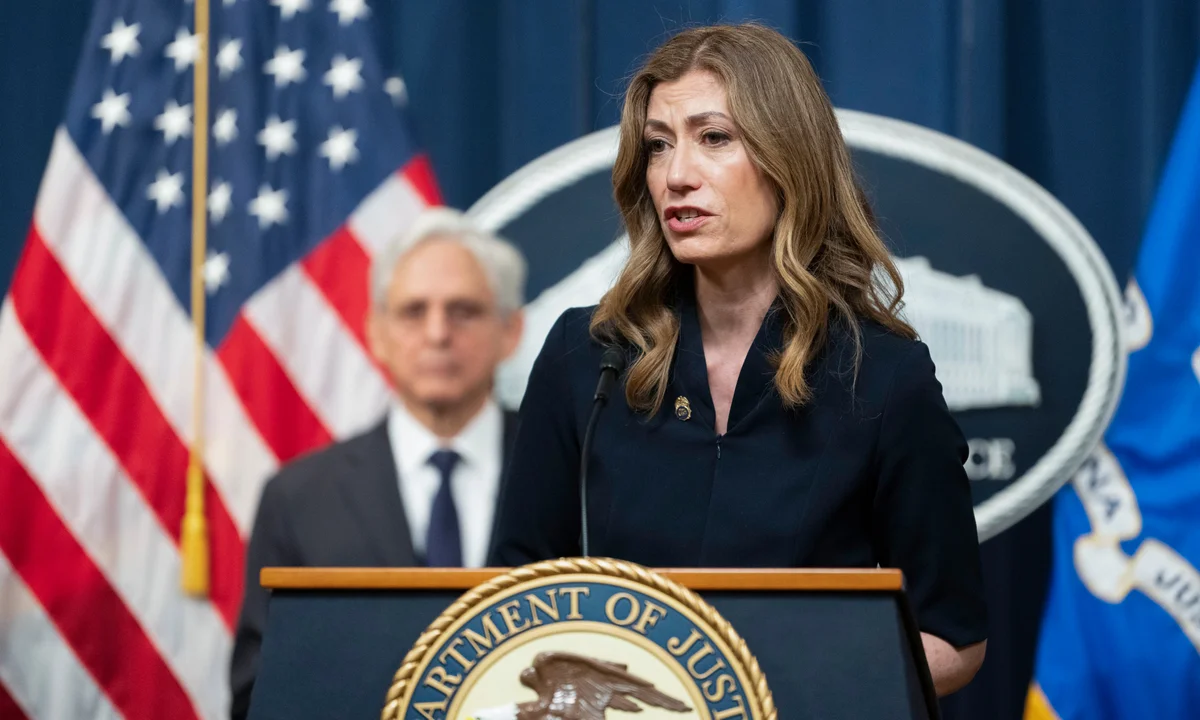The DEA is closing its offices in Shanghai and Guangzhou, focusing instead on its remaining locations in Beijing and Hong Kong. This decision is part of a larger strategy to optimize the DEA’s global footprint and reallocate resources more effectively to combat the fentanyl crisis, which is driven by precursor chemicals from China.
The agency’s efforts to address this crisis have been hindered by ongoing challenges in U.S.-China relations and the complex nature of international drug enforcement.
The rationale behind the office closures remains ambiguous, though the DEA has indicated that the decision is based on data-driven evaluations intended to enhance the agency’s impact. This move is part of a broader plan to shut down twelve additional DEA offices worldwide, reducing the number from 93 to 81.
This reduction has raised concerns among U.S. lawmakers about how it might affect the DEA’s ability to address drug trafficking and other criminal activities effectively.

DEA Closes Shanghai and Guangzhou Offices, Reallocates Resources Amid Fentanyl Crisis and U.S.-China Tensions
Veterans of the DEA view the closures as a significant setback in U.S.-China drug enforcement cooperation. Despite efforts by China to control fentanyl precursor chemicals and its warnings to companies, the country continues to be a major source of these substances.
The reduction in DEA representation in China could make it more difficult to build and maintain effective relationships with Chinese authorities, which are crucial for combating drug trafficking.
The DEA’s presence in China, established in 2017 after extensive negotiations, was initially seen as a major step forward. However, cooperation between the two countries has been fraught with difficulties, including visa issues and diplomatic tensions. The closure of the Guangzhou and Shanghai offices is seen as a blow to these efforts, especially given the complex nature of drug trafficking and organized crime in these major cities.
Recent diplomatic efforts, including high-level meetings between President Biden and Chinese President Xi Jinping, had led to some improvements in cooperation. However, the effectiveness of these measures in fully addressing the fentanyl crisis remains uncertain. The DEA’s recent actions, including Milgram’s visit to China and the arrest of a fentanyl trafficker, highlight ongoing but challenging collaborative efforts.
The closures reflect a broader restructuring within the DEA, influenced by a review of its global operations. This review, triggered by a corruption scandal involving a former DEA agent, recommended a reassessment of the agency’s global presence.
The decision to close offices in regions with significant drug trafficking connections has drawn criticism from former DEA officials, who argue that these closures could undermine critical partnerships and national security efforts.











































